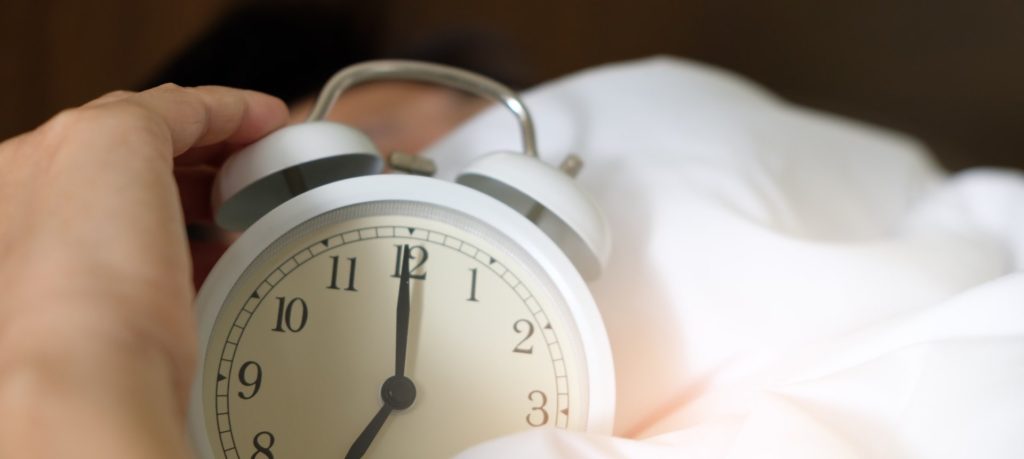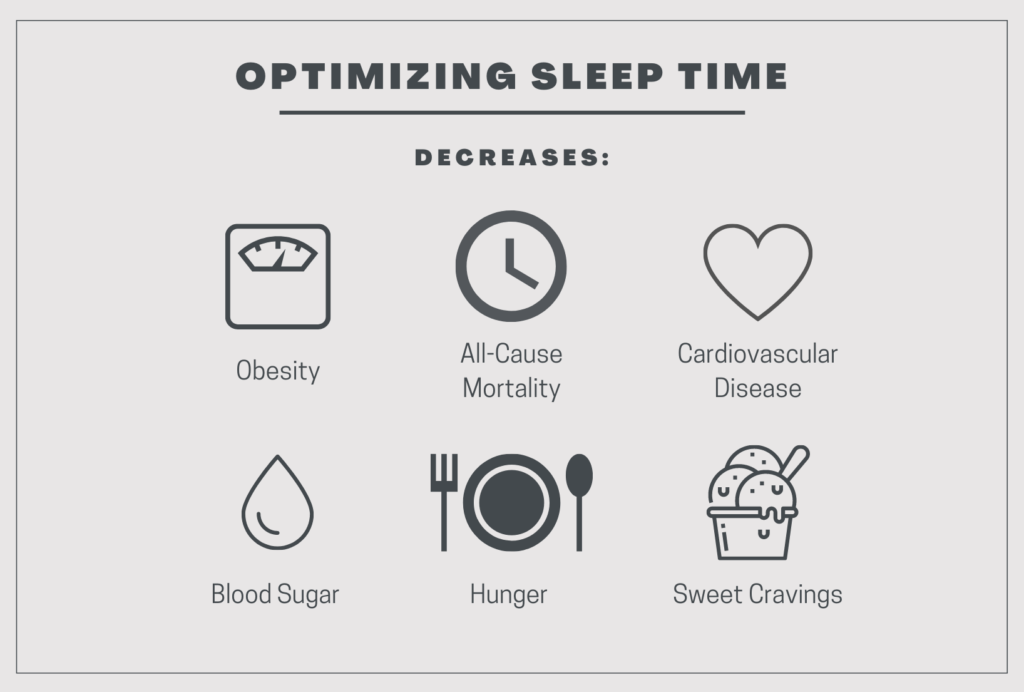
IWCR INSIDERS: SPRING 2022 EDITION
“Happiness is waking up, looking at the clock and finding that you still have two hours left to sleep.”
— Charles M. Schulz
Every Spring, the USA and many other Northern-hemisphere countries “Spring forward” in hopes of maximizing sunlight in the evenings. Do you recall turning the clocks forward this Spring, and losing an hour of precious sleep? Or are you too groggy to recall? 😉
Come on a journey with us to explore what other effects turning the clock forward and back might have — and whether it could even play a role in expanding our waistlines!
Everyone sleeps. Humans — and most animals — need sleep, and follow a natural circadian rhythm tied to the 24-hour day. No one is immune to the effects of sleep loss, yet science has much to discover about sleep’s benefits, and also what can go wrong when we don’t get enough. Too little, or too much sleep can impact our mood, memory, our ability to fight off infections, our metabolism and overall wellbeing.

Everyone also eats. As anyone who’s ever restricted food or eaten too much knows, too little or too much food can have similar effects on similar health markers. Is there a connection between sleep and eating?
A 2016 study looked at the combined results of 11 intervention studies. The 11 studies all were designed to compare a group that was partially deprived of sleep (the intervention group) with a control group that slept as they normally would, and measured the individuals’ food intake over the next 24 hours. This combined study found that sleep-deprived people consumed an average of 385 extra calories per day, after getting a reduced amount of sleep. The reduced amounts were between 3.5 and 5.5 hours of sleep, depending on the study. (1)
One study in the analysis also found the group that slept less chose foods higher in fat, and lower in protein. Carbohydrate intake overall was unchanged, although other studies show increased carbohydrate intake — so further studies are needed to see if there are truly any predictable trends in specific types of foods that sleep-deprived people choose. (1)

Multiple sleep studies showed that people who sleep either less than ideal amounts, or more than ideal amounts are at greater risk for obesity, all-cause mortality, and specifically premature death from cardiovascular disease. The good news is that increasing sleep from insufficient to normal levels was associated with improved insulin sensitivity (better blood sugar control), decreased levels of hunger hormones, and reductions in overall appetite, reductions in a desire for both sweet and salty foods, and reduced intake of foods with sugar added. (2)
So what happens when you get a little more sleep? A study published in 2022 followed young, overweight adults who habitually slept fewer than 6.5 hours a night. The researchers counseled them on how to get more sleep, and the group as a whole was able to increase its sleep duration by 1.2 hours per night on average. Compared to a control group that continued to sleep less than 6.5 hours a night, the sleep extension group ate an average of 270 calories per day less than they had previously been eating. This study is uniquely useful in that it was done in a real-world setting, with no manipulation or control over participants’ eating or activity habits. They were not locked in a lab — they were in their own beds, and making their own food and exercise choices. (3)
Getting at least 7 hours of sleep a night appears to be important for good health. When a person sleeps less than 7 hours a night there appears to be an association between less sleep and greater weight — the less sleep, the greater the BMI. (5)
One long-term study of 500 adults that lasted 13 years found by age 27 individuals who typically slept less than 6 hours were 7.5 times more likely to have a high BMI, even after carefully controlling for factors such as family history, levels of physical activity, and demographics. (5)
Do you know how many hours you sleep, on average? Is your sleep erratic, or are you on the same schedule each night? How has sleep impacted your weight journey?
Join us in your private IWCR Insiders Facebook group to discuss these findings and learn from your fellow IWCR Insiders.
Do you have more to share? We want to invite you to engage more deeply with your fellow Citizen Scientists. In future issues, we will be profiling interesting people from the sciences and hopefully, from this study! We want to feature your stories, profile your opinions, experiences, and ideas. Whether you have a great success to celebrate, or struggles we can all learn from, we want to know you better.
Your story could be part of our next blog or newsletter! Do you have thoughts about what it was like to participate in the IWCR Questionnaires? Has something inspired you lately? What else do you want us to know?
Feel free to comment on this post, or write to study@internationalweightcontrolregistry.org. Your Citizen Science experiences may be featured right here — and ONLY with your permission.
Join our IWCR Insiders Facebook group to stay part of the conversation, meet your fellow Citizen Scientists of the IWCR, post and see amazing pictures of your favorite foods, participate in interesting polls, and help grow this vital global community. If you’ve completed the Registry, you can join here: https://www.facebook.com/groups/iwcrinsiders/
We look forward to staying in touch with you on this important lifelong journey.